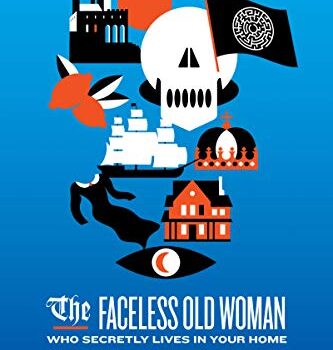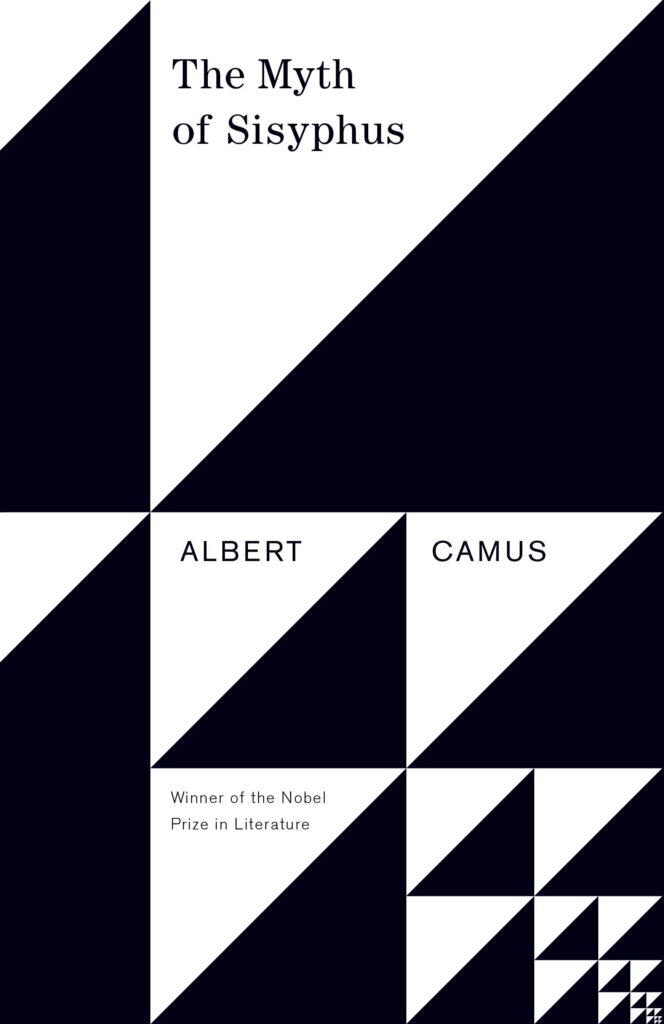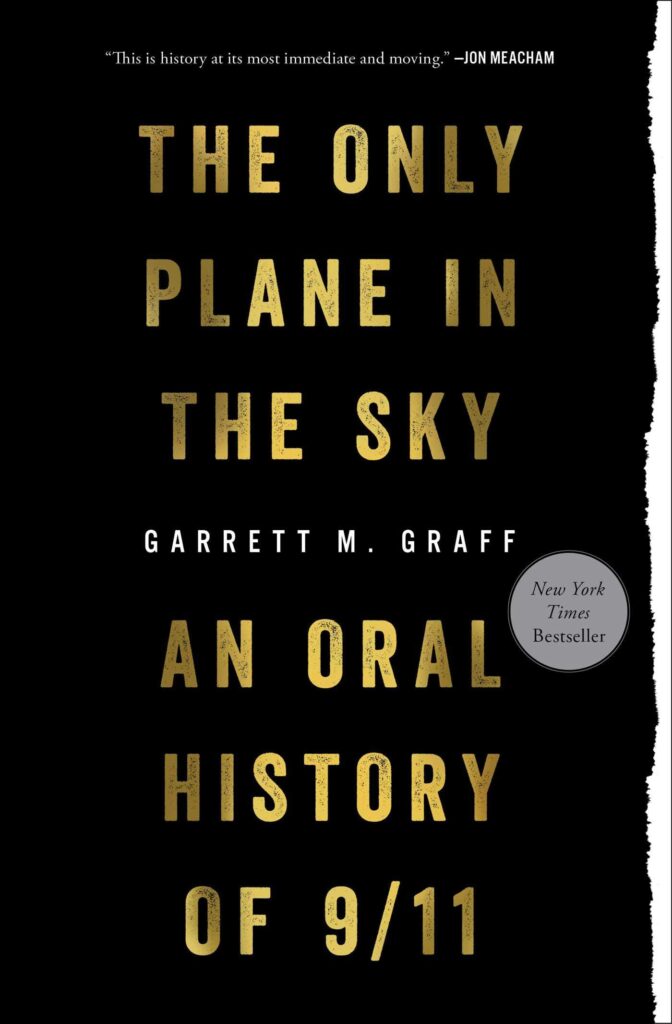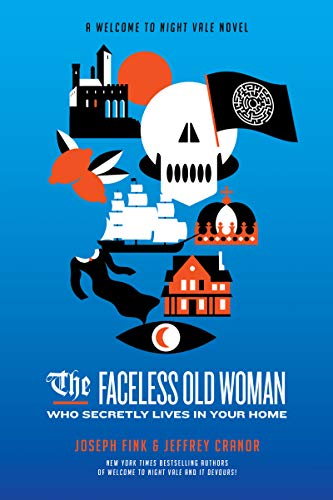You probably won’t be surprised to hear that the SR staff – interns and trainees – are avid readers. Given that we students have varied interests, majors, and roles at SR, we read a lot of different things! Keep reading to find out what books we’ve got on our shelves this fall.
What we’re reading right now
Taylor, a trainee, is reading Six of Crows by Leigh Bardugo. “I was hooked once I saw the Shadow and Bone series on Netflix,” she says. “Now reading this book just makes me love the characters and new adventures more.”
As part of a research project, our Art Editor, Khanh, is rereading The Myth of Sisyphus by Albert Camus. “I love it because, although it’s a philosophical text and not fiction, it makes me reflect a lot on the way I’ve been living and the way I’d like to live. It also calms me as a person who thinks too much!”
Paress, our Nonfiction Editor, is enjoying Midnight Sun by Stephenie Meyer because “it’s an easy read. A nice break from reading formal writing.”
Our favorite books of the year
Sara, the Blog Editor, highly recommends The Only Plane in the Sky by Garrett M. Graff. “It’s a fascinating showcase of 9/11 stories,” she says. “As someone who doesn’t remember that event, I think it’s important to learn about it.”
Our Fiction Editor, Hannah, read Appleseed by Matt Bell for a class, “but it’s a really interesting dystopian take on the environment and how we effect it. The characters are so varied and I really enjoy the writing style!”
Amy, the Content Coordinator, enjoyed The Murderbot Diaries series by Martha Wells. “One of my favorite tropes is the loner character who insists that they don’t need friends and they don’t care about anyone, yet somehow makes friends wherever they go and finds themselves caring about everyone. This series is all over that.”
Bree, our Poetry Editor, recommends Wylding Hall by Elizabeth Hand. She says, “I loved this one the most because it is a combination of a ghost story, and also about the disintegration of a band in the 1970s. There’s a lot of great content in it, and is an especially great read going into October!”
One of our trainees, Etosha, loved Rose by Li-Young Lee. “I reread this book this year because I love the passion that he writes with in each poem.”
What we’re looking forward to reading next
Next up for Charlie, a member of our Social Media team, is The Faceless Old Woman Who Secretly Lives in Your Home by Joesph Fink and Jeffery Cranor. “I love the Welcome to Night Vale universe, and this book gives the spotlight to one of the most interesting characters. Plus, the writing style is amazing.”
Veronica, a trainee, says, “Andrea Gibson’s new poetry collection, You Better Be Lightning, comes out in November, and I’m really excited to get my hands on it and read it! Andrea Gibson is one of my favorite contemporary spoken word poets; there’s not a poem of theirs that hasn’t made me cry. Their poetry is also really insightful in regards to gender, sexuality, and politics.”
Our Student Editor-in-Chief, Madeline is “so excited to read Gone Girl next – I’ve of course heard great things about this novel, and about Gillian Flynn, but have not read it yet. I think I’ve heard that this book has a major plot twist, which I always love.”
Which of these books interests you most? What are you reading? Tell us in the comments!




